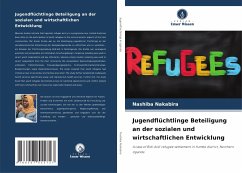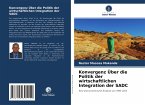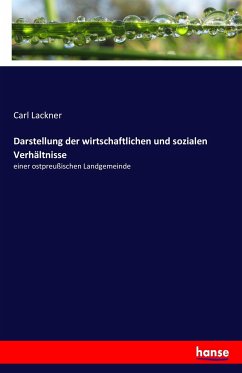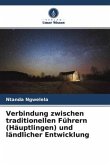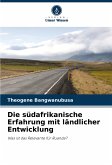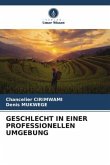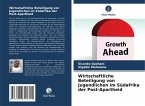Whereas studies indicate that Uganda's refugee policy is a progressive one, limited study has been done on the participation of youth refugees in the socio-economic aspects of the host communities. Ziel dieser Studie war es, die Beteiligung jugendlicher Flüchtlinge an der sozioökonomischen Entwicklung der Gastgebergemeinde zu erforschen und zu verstehen - am Beispiel der Flüchtlingssiedlung Bidi-bidi in Nord-Uganda. Die Studie war vorwiegend qualitativ und verwendete ein Fallstudien-Forschungsdesign. Purposive sampling was used to select youth respondents and key informants, whereas simple random sampling was used to select respondents from the host community. Die verwendeten Datenerhebungsmethoden umfassten: Tiefeninterviews, Fokusgruppengespräche, Schlüsselinformanteninterviews, Beobachtungen sowie Dokumentenreviews. The study revealed that youth refugees had limited access to secondary and tertiary education. The study further established inadequate health services specifically sexual and reproductive health services. Further still, the study found that youth refugees had limited access to livelihood opportunities and conflict existed with host communities over resources, especially firewood and grass.
Bitte wählen Sie Ihr Anliegen aus.
Rechnungen
Retourenschein anfordern
Bestellstatus
Storno

